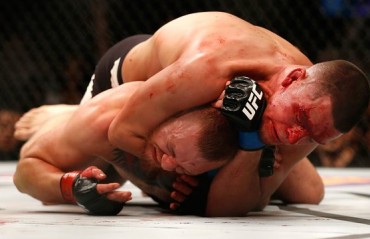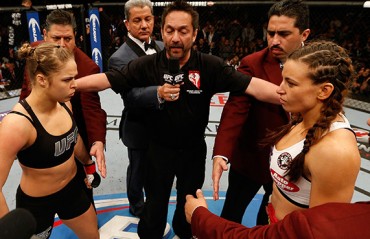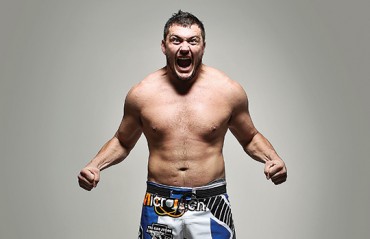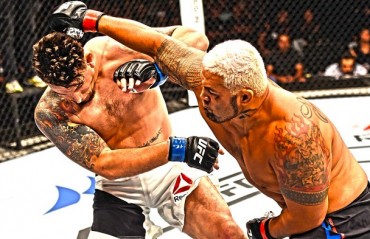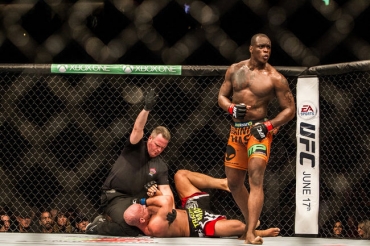#TFGtake - Prithvi Shaw and Bharat Kandare's cases highlight the danger of unintentional doping violations for athletes in all sports
- By Chiranjit Ojha

- July 30, 2019
ANTI-DOPING MEASURES ARE getting more and more strict in sports across the world, and for good reason. But athletes' alertness to the increased amount of caution they must practice to stay on the right side of these new testing standards has not always been up to the mark.
Prithvi Shaw, former India U-19 cricket team captain, who made his international Test debut for the Indian senior team last year and plays in the IPL for Delhi Capitals, submitted an urine-based dope test sample back in February during the Syed Mushtaq Ali Trophy. It came back positive for Terbutaline, a specified substance in the World Anti-Doping Agency's 'Prohibited List of Substances.' As a result, he was handed a six month ban, backdated to the day of the test results, which will run till November 2019.
The standing hypothesis, confirmed by Prithvi Shaw himself on social media, is the banned substance entered his system through a regular cough syrup that he took around that time.
— Prithvi Shaw (@PrithviShaw) July 30, 2019
This is not something new in Indian sports. Back in 2017, Indian national football team goalkeeper Subrata Paul failed a dope test for the exact same substance. He also said it happened due to a cough syrup. The National Anti-Doping Agency revoked his suspension, determining the substance did not enter his system by his own fault. The All India Football Federation ended up sacking the team doctor who prescribed the medicine to Paul. Shockingly, although appointed to a national team, the doctor in question appeared to lack knowledge of the NADA and WADA regulations and the protocols athletes have to follow when it comes to taking medicine.
A more recent example of that in Indian sports would be that of Bharat Kantare, the first Indian Mixed Martial Artist to make it into the Ultimate Fighting Championship. Last year, he failed a urine-based sample test that contained the banned substance Boldenone undecylenate. United States Anti Doping Agency (USADA), which handles the UFC's anti-doping programme, handed Kandare a 2 year ban that will run its course until November 2020.
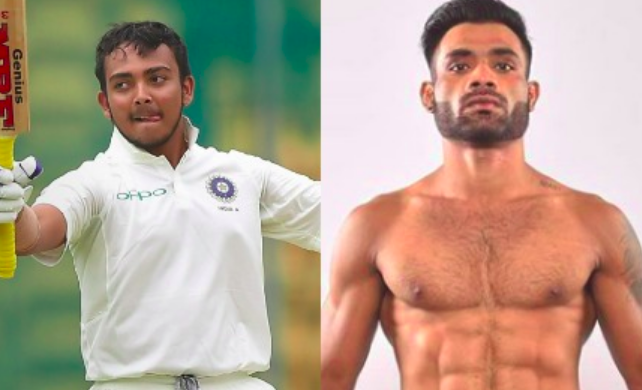
Kandare alleged that this was caused by a doctor giving him medicine containing steroids that are common for non-athletes to be prescribed. He had forgotten to alert the doctor that he was a professional athlete, which caused the mishap. Since it was deemed that he had failed to practice necessary caution, he received the maximum 2 year suspension that first offenders can receive.
Upon learning about the Prithvi Shaw incident, Kandare told TFG that it saddened him but did not surprise him,
"We have to take a lot of caution over what gets into our body. What we eat, what we drink... nowadays before taking any medicine I send its name and all the details to my agent Somesh Kamra who checks with USADA people whether it's okay for me to take. Only when everything checks out okay do I take the medicine."
Global sports has been shook by multiple high profile doping violations including that of famous cyclist Lance Armstrong, and the scandalous allegation of Russian olympic athletes being systematically juiced up by a government-run long term doping programme. Multiple documentaries made about doping in sports, like Icarus and Screwball, gained massive popularity, and raised multiple alarm bells about how existing anti-doping measures were far behind when it came to catching the advanced doping techniques used by cheating athletes.
This in turn caused anti-doping agencies around the world to increase the level of scrutiny of athletes, and adopting stricter anti-doping policies. There was also an 'arms race' of sorts afoot among the dope testing laboriatories, who in the last few years have developed methods to detect even the minutest amounts of prohibited substance in blood and urine based tests. This has led to what many called an "overkill", where athletes have been found in violation for having microscoping amounts of banned substance in their system; amounts so tiny that there are possible scenarios where they can be ingested by athletes from skin-to-skin contact with another person, like shaking hands.
One such case came to light when UFC Light Heavyweight Champion Jon Jones failed a dope test late last year, and the amount of the banned substance was in picograms (1 gram = 1000000000000 picograms). It was soon determined by USADA that this was not, in fact, a new violation. It was just a "pulsing effect" where Jones's kidney occasionally threw up microscopic amounts of the substance that he took long ago, and served a suspension for.
These tiny amounts of banned substance do not provide any performance-enhancing effects for the athlete. But in a world of maximum paranoia about doping in sports, it's enough to get a sportsperson in trouble, and even potentially end their professional careers.
Now, the WADA-compatible anti doping policy practiced by NADA in India, which is put into effect in football and cricket by AIFF and BCCI, are not nearly as strict and minute as the one by USADA and UFC. In fact, Bharat Kandare is likely to be the only Indian citizen who is subject to the USADA protocol; the world's strictest anti-doping programme. But with every update in methodology and every high profile violation, they are inching closer to becoming just as invasive and thorough. And the recent list of violations in Indian sports are giving them enough incentives to go in that direction.
Recently India's top long distance runner Sanjivani Jadhav failed a dope test and got an 8 year ban. In May, another runner, Gomathi Marimuthu was also found to have an anabolic steroid in her system. Laast year, steeplechase runner Naveen Dagar also failed a dope test. And who can forget the scandalous 2011 suspension of seven athletes at once by NADA, including 75% of the 4x400 women's relay team.
Doping violations have been rampant in Indian athletics. It was only a matter of time before they started popping up in other major sports like cricket and football too, whether the athletes were intentionally cheating or not.
Prithvi Shaw seems to have taken it well. His Twitter post spoke about using the suspension to recover from an injury and getting ready for a strong return. Bharat Kandare responded to Prithvi's post saying,
"I can understand how he must be feeling right now, and the approach he has taken is the best he can do at the moment. It's going to hurt, and it will be a difficult process. But all you can do to learn from this incident and take better caution in the future, and use this time to get better at what you do."
Bharat said that his life had changed significantly following the dope test failure and Prithvi Shaw might experience the same thing,
"You become paranoid about everything. What you are eating, what you are drinking. You start thinking what might be in there, where it's coming from. You read stories like the boxer Canelo Alvarez being banned because there was some banned substance in the meat he ate, and you start wondering what might be in my food? But you can't let it get to you. You just have to learn the rules you are required to follow by heart, stick to it and hope everything will work out fine. I get tested randomly, out of competition. I have to update my location in the USADA app at all times so they can locate me for surprise tests. It can be very difficult at times but you learn to live with it, and you try to make sure that you don't forget a step. Because failing a test for the second time carries a significantly higher punishment, and it can be devastating."
Bharat stressed on the need for better athlete education on how to protect themselves against unintentional mistakes that cause doping violations,
"The athletes are not always focusing on these things. They just want to concentrate on the game, and how to improve in it. But this is important, and team doctors in every sport should be trained to always make sure the athletes are fully aware of the latest rules and protocols. And the athletes themselves must be more careful and always alert to protect themselves. I wasn't and I'm paying the price. Hope my case and Prithvi's case makes everyone aware of what happens when you are not always cautious, and helps them avoid making similar mistakes."










